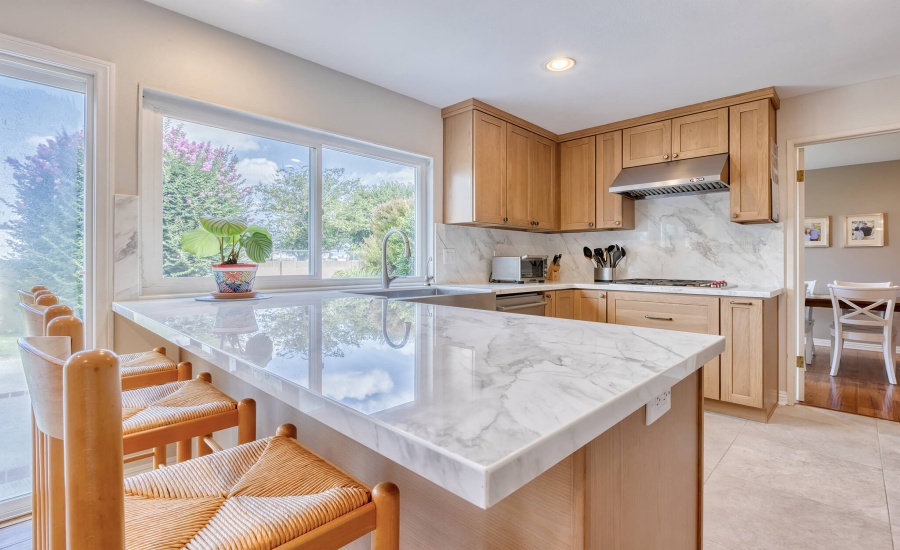Identifying the purpose of the remodeling project is crucial. Homeowners should clarify whether the goal is to enhance aesthetics, improve functionality, or increase property value. Each of these objectives may require different approaches and materials. For instance, a kitchen remodel aimed at increasing resale value might focus on modern appliances and efficient layouts, while a family room renovation may prioritize comfort and style.
Budgeting is another vital aspect of remodeling. Establishing a realistic budget helps guide decisions and prevents overspending. Homeowners should account for all potential costs, including materials, labor, permits, and unexpected expenses. Setting aside a contingency fund can provide peace of mind, as it allows for flexibility in case of unforeseen challenges.
Researching design trends and materials can significantly impact the outcome of a remodeling project. Homeowners should explore various styles to find inspiration that resonates with their vision. This includes considering color schemes, fixtures, and finishes that complement the overall design. Sustainable materials are gaining popularity, as they not only enhance aesthetics but also contribute to environmental responsibility.
Hiring the right professionals is essential for a successful remodel. Finding experienced contractors, designers, or architects can make a significant difference in the quality of the work. Homeowners should seek recommendations, read reviews, and check credentials before making a selection. Clear communication with the chosen professionals ensures that everyone is on the same page regarding expectations and timelines.

Timing plays a crucial role in remodeling projects. Homeowners should consider the best seasons for specific renovations. For example, exterior work is often best done in warmer months, while interior updates can occur year-round. Planning around holidays or major life events can help minimize disruptions and ensure that the project progresses smoothly.
Permits and regulations must not be overlooked during the remodeling process. Many areas require permits for structural changes, electrical work, or plumbing updates. Homeowners should familiarize themselves with local building codes and ensure that all necessary permits are obtained. This not only avoids potential fines but also ensures that the work is safe and up to standard.
Flexibility is key throughout the remodeling process. Changes may arise due to material availability, labor schedules, or unexpected structural issues. Being open to adjustments can lead to innovative solutions that enhance the overall project. Embracing the unexpected can turn challenges into opportunities for creativity.
Remodeling is an investment in a home and its future. It offers the chance to create a space that aligns with personal tastes and lifestyle needs. By carefully considering goals, budgeting effectively, researching design options, hiring qualified professionals, and remaining flexible, homeowners can embark on a successful remodeling journey that enhances both their living environment and property value.














Leave a Reply